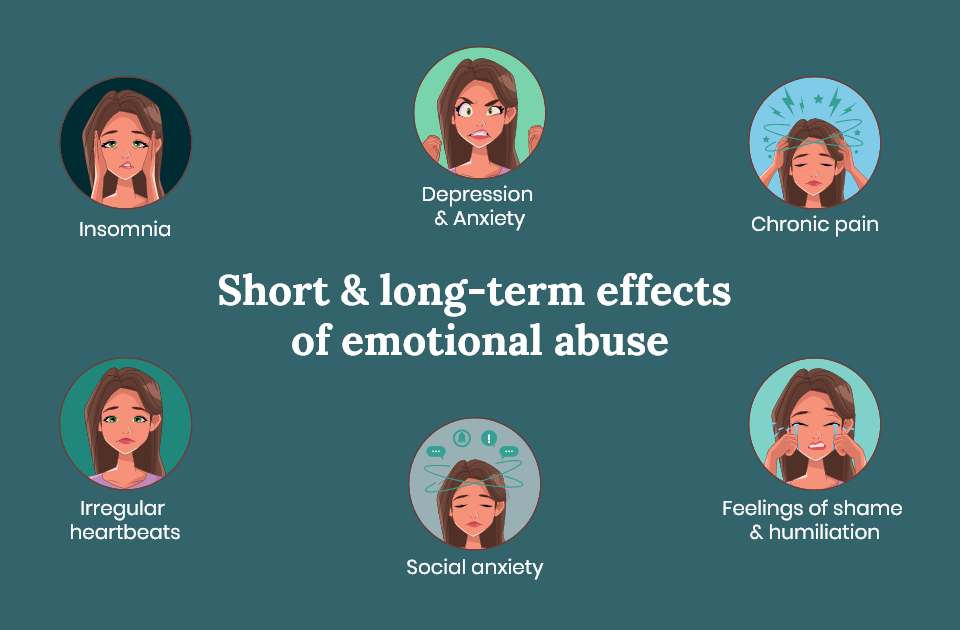Needless to say, our examine has discovered that folks that take part in on-line dating, are likely to share sensitive info with people they don’t know, or have solely just met. They are additionally at heightened risk of experiencing an IT security-related downside such as having their data leaked or uncovered in some way. Yet, they do little to guard themselves, with solely one-in-three placing fundamental safety measures in place corresponding to utilizing strong passwords or restraining themselves to sharing restricted information about themselves online. So why are people that date on-line, experiencing more IT safety issues than people that don’t? One obvious reply already touched upon is the truth that individuals concerned in on-line relationship do spend plenty of time on-line, and subsequently would possibly naturally come throughout more dangers than individuals who don’t.
Certainly, on-line courting provides all of the convenience of making it fast and simple to satisfy folks. Plus, it’s an exercise that’s available throughout multiple gadgets, at all times of day and night. There are plenty of good, sincere people who use online dating apps.
Psychological effects of online relationship, vanity & depression
Although valuing physical look is not new, conventional methods of assembly individuals corresponding to through associates, or at school or work, afford the opportunity to look at far more than outward look before deciding whether to pursue a relationship. The rapid and sometimes shallow evaluations involved in on-line relationship could trigger folks to overlook companions who would in any other case be a good match. Expand your “type” to permit for a broader vary of connections. Attraction can be extra intense and long-lasting when a person’s character influences the diploma to which you find them bodily engaging. Give folks the chance to level out their character before they’re discounted.
Are relationship apps unhealthy for psychological health? is on-line dating bad for mental health? how online dating apps can lead to burn out
Pretending to be someone else will solely ever work short-term—the real you’ll all the time come out sooner or later. Your date will both be pissed off or  upset that you simply lied, or they may no longer feel the same method about you as a end result of they thought they have been courting someone else totally. This can lead to large ranges of anxiety round truly meeting up. You would possibly fear that you’ll flip up and your date could have been anticipating someone completely different. Ultimately, there is nothing you can do to avoid being ghosted—it’s mainly a byproduct of dating in this present day and age, in addition to a ceremony of passage. Often, different people’s behaviors aren’t a reflection of us, and even how they really feel about us.
upset that you simply lied, or they may no longer feel the same method about you as a end result of they thought they have been courting someone else totally. This can lead to large ranges of anxiety round truly meeting up. You would possibly fear that you’ll flip up and your date could have been anticipating someone completely different. Ultimately, there is nothing you can do to avoid being ghosted—it’s mainly a byproduct of dating in this present day and age, in addition to a ceremony of passage. Often, different people’s behaviors aren’t a reflection of us, and even how they really feel about us.
How to strategy online dating: relying solely on dating apps, on-line dating burnout – low self esteem and on-line dating
This study exhibits 88% of all Tinder customers never discover a relationship on that app. That means the vast majority of users will experience some type of rejection by tons of if not hundreds of other users. In early 2020, the Pew Research Center printed the results of a examine about on-line dating in America. While it does notice a few positive options, like convenience, the examine also identifies some concerning tendencies. To that end, let’s have a look at 5 of the risks of online relationship that don’t exist in “normal” relationship conditions. So, it starts with much less to no emotions involved on the time of choosing someone.
Looking solely at these dedicated relationships that started within the final ten years, 11% say that their partner or partner is someone they met online. Younger adults are additionally extra probably than older ones to say that their relationship started on-line. Some 8% of 12 months olds in a wedding or dedicated relationship met their companion online, compared with 7% of year olds, 3% of year olds, and just 1% of those sixty five and older. Compared with eight years in the past, on-line daters in 2013 are more likely to actually exit on dates with the people they meet on these sites. Some 66% of on-line daters have gone on a date with someone they met through an internet dating web site or app, up from 43% of on-line daters who had done so once we first asked this query in 2005.
